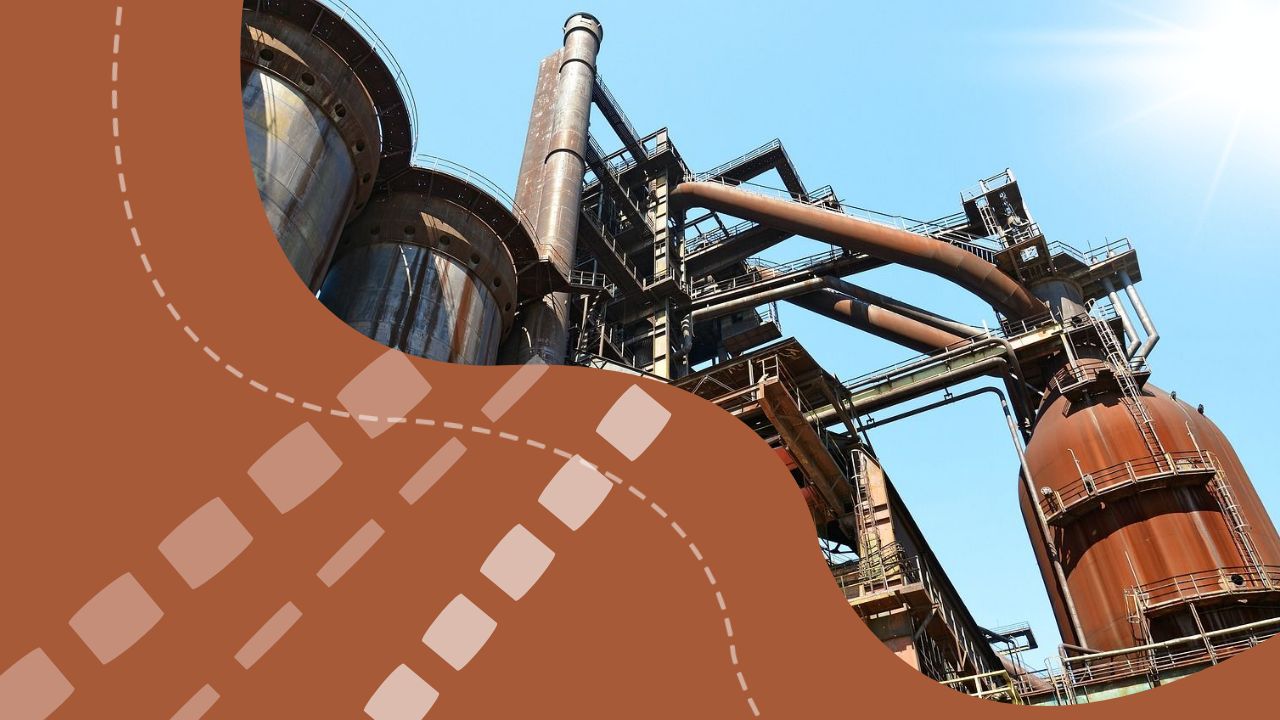The demolitions are part of a deal brokered with Vice Chancellor Robert Habeck and Economics Minister for North Rhine Westphalia, Mona Neubaur, that is supposed to see RWE wind down its coal operations by 2030. RWE is Europe’s second largest CO2 emitter from coal power stations, and has razed over 100 villages in the Rhineland region to make way for its coal operations. Germany’s government is still aiming to exit coal by 2030.
“The current climate emergency requires urgent and concerted efforts to accelerate the deployment of every single wind turbine, solar panel and heat pump that we can muster. Anything that diverts from this critical endeavour, especially the dismantling of renewable energy sources to extract more fossil fuels, must be unequivocally prohibited,” said Fabian Hübner, senior campaigner in Germany at Beyond Fossil Fuels.

